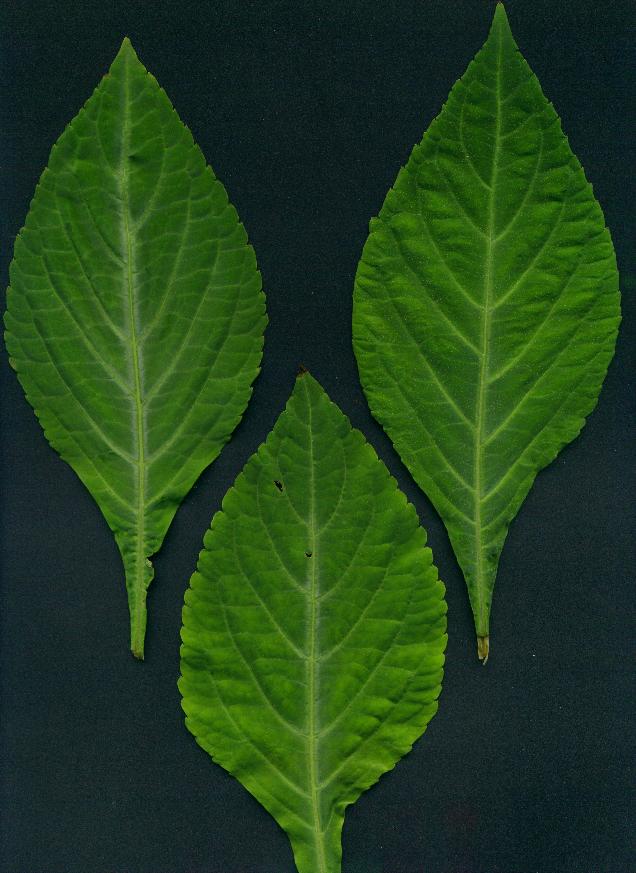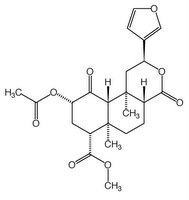Legal doesn't mean safe

Salvia divinorum, also known as ska Maria Pastora or diviner's sage, is a hallucinogen from the sage family. It is the most potent natural hallucinogen. It has been used for centuries by the Mazatec Indians of Oaxaca, Mexico to experience a mystical or spiritual encounter as well as for medicinal purposes.
Recently, it's become a concern in the United States (as well as other Western countries) because of its recreational use. S. divinorum is legal in (most of) the United States and can be bought in tobacco shops and online but it's safety is questionable. The DEA added it to the list of drugs of concern in 2003 because of its use among young adults in search of the hallucinations it causes.
Brett Chidester, a 17-year old honor student from Delaware, was found dead in his garage of carbon monoxide poisoning after using Salvia. His parents found his suicide note shortly after his death in which he claimed that he had discovered the meaning of life:
"How can I go on living after I learned the secrets of life," he wrote. "It took me 17 years, but I finally figured it out. I can't tell you that here because that kind of information can cause chaos."Salvia is known for its ability to encourage "epiphanies" in its users.
"Scientists identified Salvinorum A as the active chemical that causes the hallucinogens. But neurologist Ethan Russo (MT, USA) warns that we don't know how [Salvia] works. It doesn't work on serotonin, dopamine or any of the known neurotransmitters. Users claim the drug is non-addictive, but its long-term effects are not known." doi:10.1016/S1360-1385(01)02118-5Salvia seems to be especially dangerous because of it's legality. Users are fooled into believing that since you can buy it in a smoke shop (and without any age restrictions), it is safe. So far, only Missouri and Louisiana have passed legislation criminalizing the distribution possessionsion of the herb.
 Some scientists believe that a derivative of salvia, salvinorin A, may have use as a medication. It targets a receptor involved in
Some scientists believe that a derivative of salvia, salvinorin A, may have use as a medication. It targets a receptor involved in"consciousness and our perception of reality," and it is located in neurons that have a role in depression, drug abuse and schizophrenia. "Many teams of chemists around the world are making salvinorin A for research," Roth says. "Criminalizing salvia and its derivatives would make it "almost impossible" to get salvia-related compounds approved for human use. -Bryan Roth, director of the Psychoactive Drug Screening Program for the National Institute of Mental Health
The long-term effects of the drug remain to be seen.
Do the possible medicinal benefits of salvinorin A outweigh the dangers of a powerful legal hallucinogen?
Other Sources: doi:10.1016/j.lfs.2005.09.008



0 Comments:
Post a Comment
<< Home